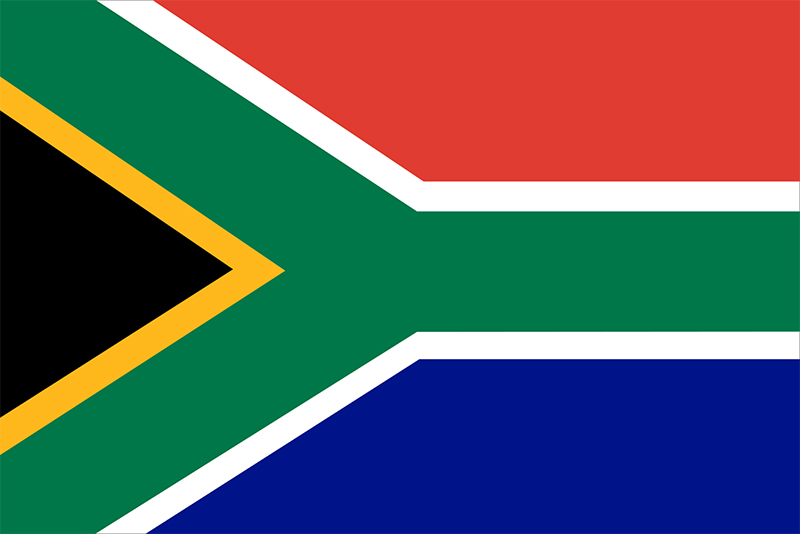Our History

South Africa
Official Name: Republic of South Africa
Total Area (Sq Mi.): 471,359
Population(2020 est.): 59,750,000
Location: The southernmost country on the African continent
Capital: South Africa has three cities that serve as capitals: Pretoria (executive), Cape Town (legislative), and Bloemfontein (judicial)
Monetary Unit: rand (R)
The Republic of South Africa, the “Rainbow Nation” because of her multicultural diversity, is the southernmost country in Africa. A newly industrialised country, with the second-largest economy in Africa, she has been plagued with widespread crime, poverty and inequality, in part due to the instability in its political and ethnic problems.
Branded “the Cradle of Humankind” she has some of the oldest archaeological and human-fossil sites in the world and has been the homeland of modern humans for at least 170,000 years. However, from the 15th century, South Africa was raided by Portuguese, Dutch and British colonialists, who scrambling for monopoly of her trade-routes and diamonds, commenced the dehumanisation of her peoples through systematic racism.
In 1948, the white minority National Party imposed Apartheid, a system of institutionalised racial social segregation, characterised by an authoritarian political culture based on white supremacy, which ensured that South Africa was dominated politically, socially, and economically by the nation’s minority white population.
Nelson Mandela, South Africa’s first black President and Desmond Tutu, its first black Bishop and Archbishop were both recipients of the Nobel Peace Prize. Mandela, with President F. W. de Klerk led negotiations to end Apartheid and introduce multi-racial democracy, while Tutu assisted as a mediator between rival black factions. The ogre of Apartheid fell in 1990 when the National Party lifted the ban on The African National Congress and other political organisations and released Mandela from 27 years of incarceration – it died when South Africa held its first universal elections in 1994, which The African National Congress won by an overwhelming majority.
Post-Apartheid South Africa continues to grapple with leadership, corruption, xenophobia and a culture of violence. It remains to be seen whether the legacy of both Mandela and Tutu can lead the country to the promised land.

